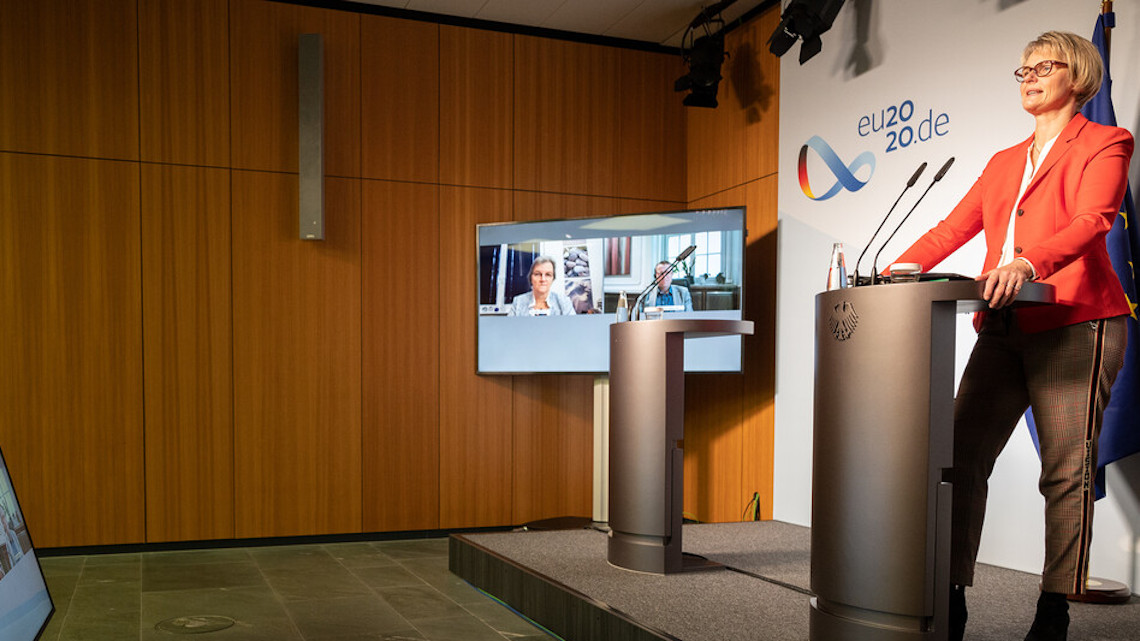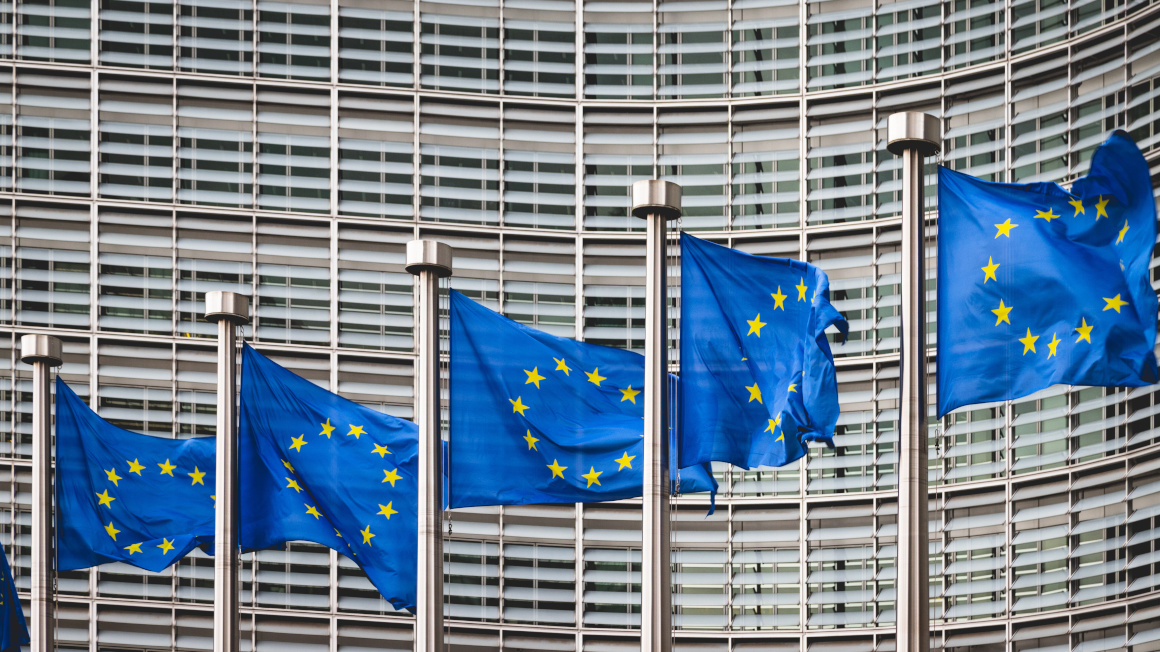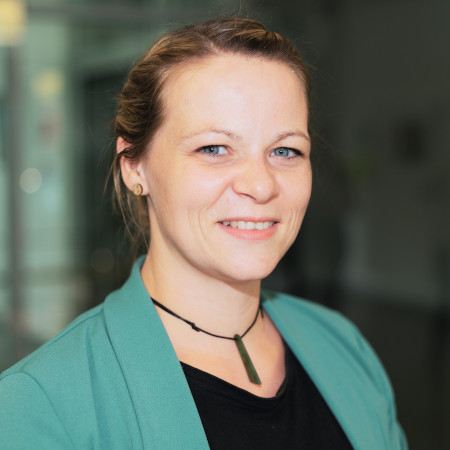BMBF supports research on sustainability
The BMBF has published the new strategy "Research for Sustainability" (FONA) and doubled the funding to 4 billion euros. The bioeconomy also plays an important role.

The Federal Ministry of Education and Research (BMBF) has relaunched the Research Framework Program "Research for Sustainability" (FONA), which has been running since 2005. It focuses on the 17 global sustainability goals of the United Nations. "With research and innovation, we will drive forward future technologies in the fields of green hydrogen, recycling management and bio-economy "made in Germany" in such a way that we remain or become technology leaders and export world champions in the fields of energy system transformation, resource efficiency and climate protection," said Federal Research Minister Anja Karliczek on 24 November when presenting the new FONA strategy.
Highest priority for sustainability research
With the motto "Knowing how the future works", the BMBF has also doubled its research funding for climate protection and more sustainability in the FONA Strategy: 4 billion euros will be made available over the next five years for the development of new green technologies. "This means that we are giving top priority to sustainability research," emphasized Karlizcek, pointing out the "enormous need for innovation", which requires new ideas and solutions to master challenges such as climate neutrality, resource efficiency, recycling management and regional structural change. "With the change towards more sustainability, we are securing Germany's competitiveness in the long term and ensuring an innovation boost for the German economy in the post-Corona era," said the Minister.
Backing goals with concrete actions
In the strategy paper "Research for Sustainability" a total of three strategic goals with eight fields of action and 25 concrete actions are formulated. The 17 UN sustainability goals are an important guideline. In addition to achieving the climate goals and the further developing of the economy and society, habitats and natural resources must be researched, protected and used. Research activities to preserve biodiversity and protect natural resources such as soil and water are central fields of action.
The bio-economy has its place in the field of action "circular economy" together with phosphorus recycling, plastics recycling and the action "Increase total raw material productivity". It is intended to contribute to an improved use of bio-based raw materials and the avoidance of waste through the use of residual materials.
The new FONA strategy
BMBF Strategy "Research for Sustainability" (FONA), only available in German
Expanding research on biogenic raw materials
The BMBF sees a particular need for research expanding the range of biogenic substances, for example to provide industry with tailor-made ingredients. This is not only about replacing conventional fossil substances, chemicals or products. Biogenic raw materials can be used to create completely new products and composite materials. The reuse of biobased residual and waste materials is also coming into focus. The emphasis here is on the development of new biotechnological processes that optimize recycling and cascade utilization. The development of biotechnological processes up to their introduction into practice is therefore a funding priority of the new FONA strategy.
Strategy sets the impulse for new beginnings
With the help of the specified actions, the BMBF wants to ensure more transparency in achieving the formulated goals. This should make it possible to see which goals have been achieved and where further action is needed. The focus in implementation is on inter- and transdisciplinarity as well as systemic approaches. Actors from companies should also be included in research funding in order to bring results to market faster. "With the FONA strategy we set the impulses for the start into a crisis-proof and sustainable future - to preserve our basis of life and our prosperity," said the Minister.
Since the beginning of the FONA program 15 years ago, the BMBF has funded almost 10,000 projects until the beginning of 2018. In the predecessor program FONA3, around 2 billion euros were made available in the last five years.
BMBF/bb/pg


